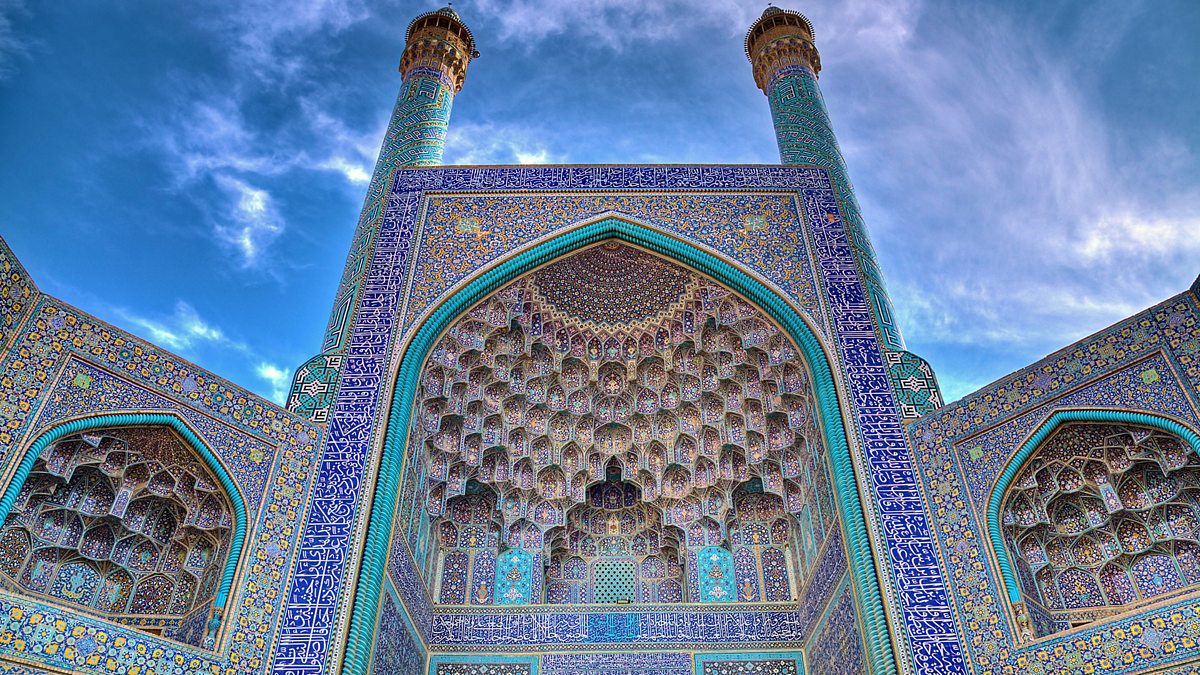The Islamic Golden Age is over. We await its rebirth! The story of civilisation, it seems to me, has been a series of rebirths, often against all expectations. Surely this should give us confidence in ourselves! In the third essay broadcast on Wednesday night, Baroness Sayeeda Warsi, the first Muslim member of the British Cabinet, gave her personal take on Persian scholar Imam Bukhari:
BBC Radio 3 - The Essay - The Islamic Golden Age: Baroness Sayeeda Warsi
Yet has the Islamic Golden Age ever really come to an end?
BBC Radio 3 - The Essay - The Islamic Golden Age: Baroness Sayeeda Warsi
Yet has the Islamic Golden Age ever really come to an end?




Comment